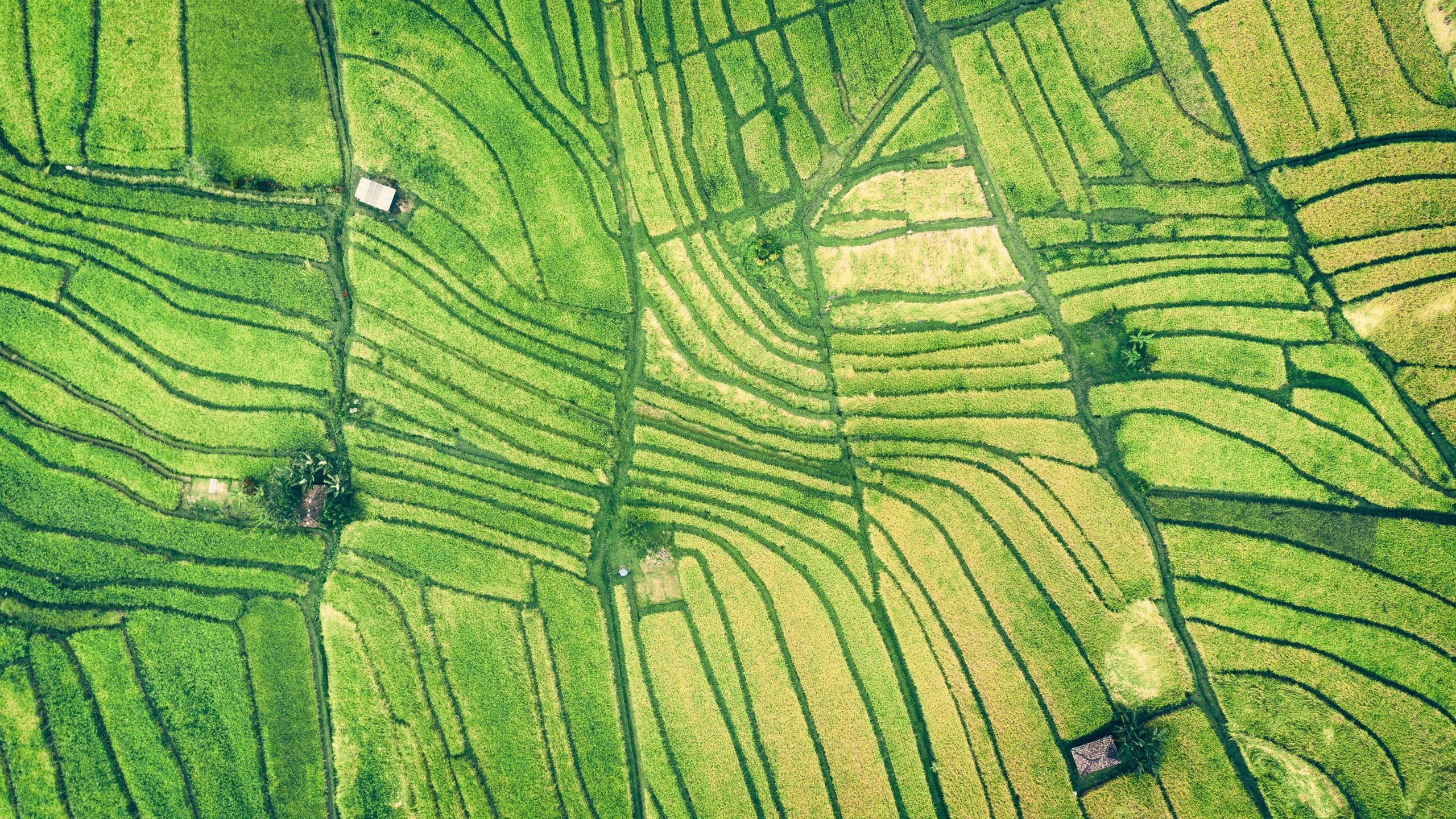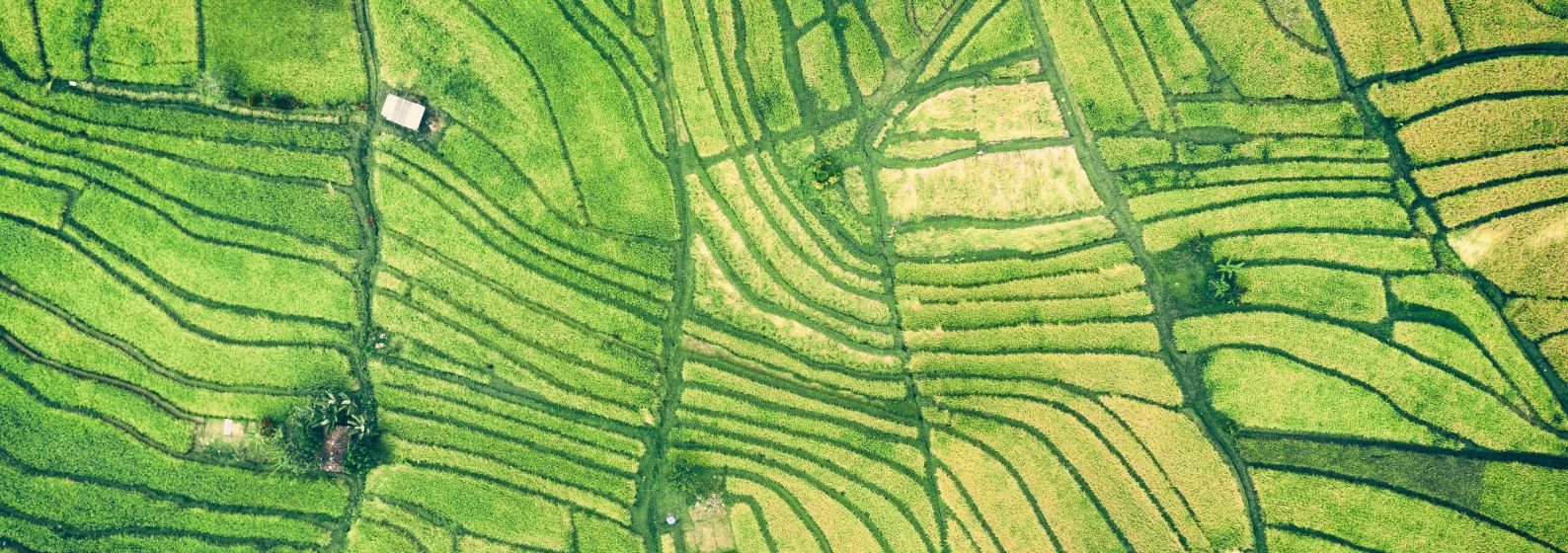
PSYCHsources introduces a different topic from psychology every month. It offers a list of resources that are useful to anyone who wants to learn more about it. In this issue, we introduce environmental psychology.
Environmental psychology focuses on the interplay between the individual and their surroundings. It investigates how a physical setting (the natural environment and the human-built environment) interacts and shapes an individual, and, conversely, how the individual shapes the surrounding. This interdisciplinary field includes theory, research, and practice, all aimed at improving the relationship of humans with the natural environment.
Environmental psychology became an established field in the late 1960s (Spencer & Gee, 2009) and started off with the question ‘How does our environment affect us?’, which turned into the broader question ‘What is the connection between human behaviour and the natural and human-built environments and how does this connection work?’ The topics explored in environmental psychology are broad as well. Some examples are the ecological consequences of human actions, psychological aspects of resource management and crises, or perception and evaluation of buildings and natural landscapes.
Further, the field of environmental psychology is filled with theories about how and why humans act the way they do in the environment, but they tend to mostly fall into one of the few main perspectives: geographical determinism, ecological biology, behaviourism and Gestalt psychology. Geographical determinism is the idea that the foundation of whole civilizations are dependent on environmental factors, like the climate, vegetation, and the availability of water. Theorists with this view believe that these environmental factors can have a huge impact on what we value as a society and how we live and work together. The perspective of ecological biology is grounded in theories of biological and sociological interdependence between the organisms and their environment. From an ecological biologist’s view, organisms are integral parts of their environment, rather than being separate entities. The perspective of behaviourism focuses solely on the behaviour of the humans and animals that are being researched, while introspection and all inner workings are not considered to be important at all. It is important to mention that although behaviourism is generally considered to be ‘out of fashion’, its perspective can still be valuable when focusing on contextual factors. Lastly, Gestalt psychology is also probably known to the majority of people who are reading this. It is the idea that we have to look at the human mind and behaviour as a whole and that our minds tend to perceive objects as part of a greater whole and as elements of more complex systems.

Photo by Ivan Bandura
- Making Sense of Climate Science Denial by the University of Queensland, Australia
The course explores the psychological and social drivers of the rejection of the scientific consensus that humans are causing global warming and climate change is indeed happening.
- Environmental Psychology by Daniel Stokols
A free course on environmental psychology as the study of human behaviour and well-being in relation to the large-scale environment. The course gives a good introduction on how humans interact with our environment, how the environment changes us and it answers questions like Why people litter or vandalize their environments.
- Sustainability by Cameron Brick
If you have not yet watched this video or it was not part of your social psychology course, now is the time. Cameron Brick is a social psychologist from the University of Amsterdam explains different worldviews on how people think about nature and human nature interactions, talks about public opinions and taking actions against climate change and shows what might be working and which measures are simply not applicable. Lastly, he also includes effective communication. The lecture features an insightful talk from Psychologist Daniel Gilbert about the perception of threats and why we do not perceive climate change as a threat.
- Human experience: evolution, emotion and environment design by Oliver Jones
Dr Oliver Jones explains how humans experience environments, from city scale to individual homes and workplaces. Bringing together human evolutionary theory with theories from environmental psychology and behaviour theory, he discusses how behaviours and emotional responses to spaces are formed; how individuals are still influenced by the hunter gatherer instincts and how the changing environment shapes the individual’s behaviours.
- Applied Environmental Psychology by Dima Najib
Environmental psychology’s focus lies on how individuals interact with their socio-physical environment. Dima Najib tried to bridge the gap among design professionals and environmental psychologists.
- How to save the world: A podcast about the psychology of environmental action with Katie Patrick
If you want to get to know the topic of environmental action and you are a psychology student or interested in psychology – this is your podcast. Katie explains the literature on the psychology of what gets people to take environmental action and interviews experts in behavioural science from Harvard, MIT and so on. If you take anything from this column, I hope it is that you give one of her episodes a try.
- An episode of Stuff You Should Know: How Environmental Psychology Works by Josh Clark
The podcast gives a good insight on how the field started in the 60s and where it arrived now. It is easy to listen to and you might be intrigued afterwards to google some more about one or two talking points.
- An episode of NachHall: How can psychology contribute to environmental sustainability by The Humboldt University
Dr. Jiaying Zhao from the University of British Columbia in Vancouver discusses her research between psychology and the challenges of climate change and sustainability.
- An episode of Speaking of Psychology: How to cope with climate anxiety by the APA
Thomas Doherty (a clinical and environmental psychologist) and Ashlee Cunsolo (a public health researcher who studies how environmental loss is affecting the mental health of the indigenous Inuit community in Canada) talk about eco-anxiety and its effects on the human psyche.
- Psychological Roots of the Climate Crisis: Neoliberal Exceptionalism and the Culture of Uncare by Sally Weintrobe
CAUTION: This book was not read by us but we have high expectations because Sally Weintrobe is very good in combining a psychological perspective with other factors (like the economical one).
The following website offers a variety of resources for learning environmental psychology. The website contains valid references, podcasts, and ideas for motivated people who want to start being activists and a handbook. The resources page is a great start for everyone who is interested in the topic.


